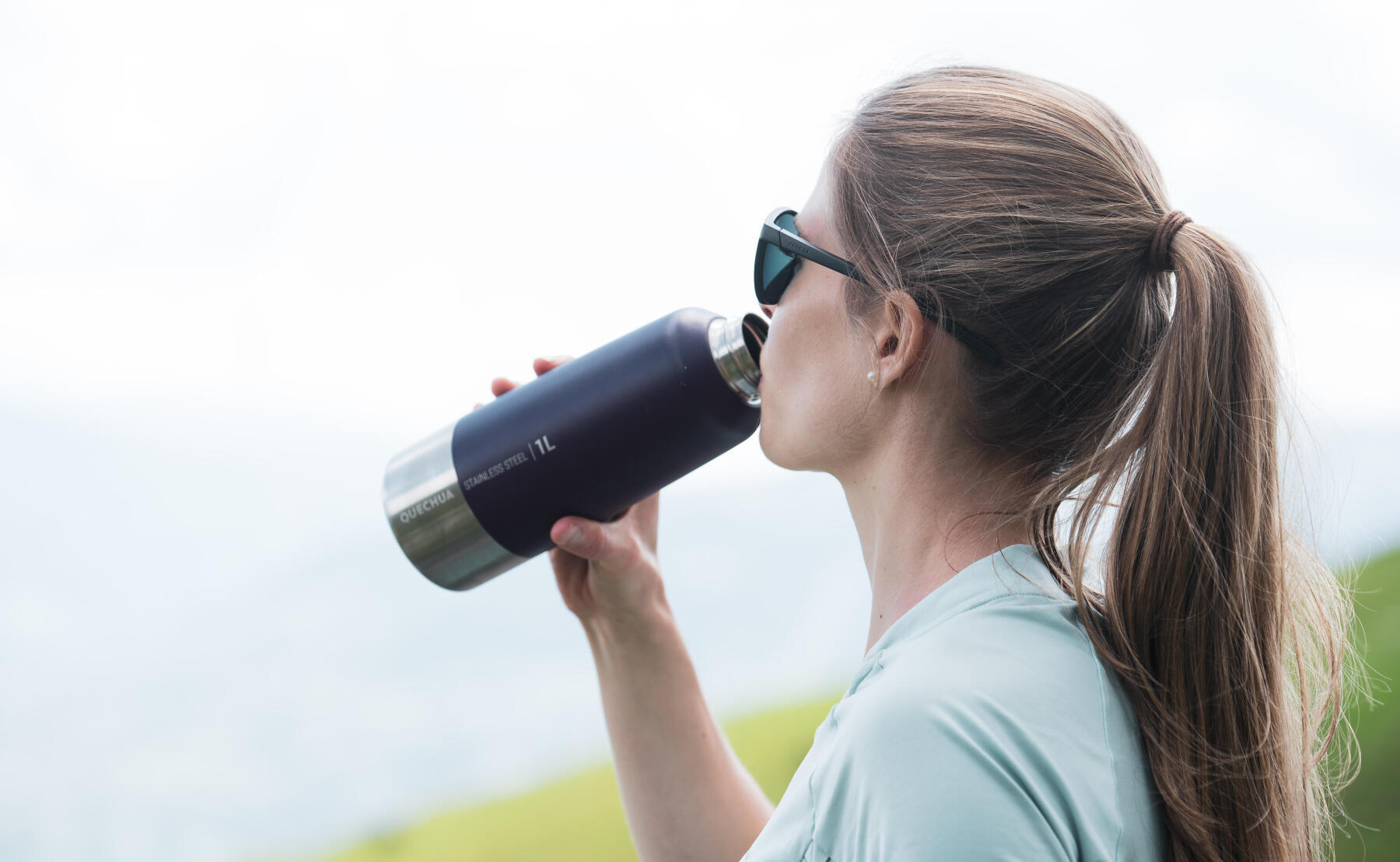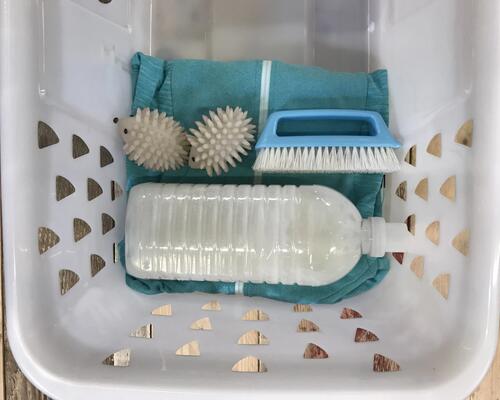A little history
Stainless steel was developed in Germany, in the early 20th century, to replace steel, a material which oxidises easily. By adding a thin layer of chrome to the surface, the steel becomes resistant to rust stains - hence the name, "stainless steel."
Stainless steel has many uses (medical, decorating, construction etc.) but is indispensable in the catering and restaurant business. It is the preferred food contact material, resistant to extreme heat and variations in temperature. It is an inert material that doesn't react when in direct contact with food and doesn't alter the taste, smell or appearance of ingredients. It is corrosion (rust) resistant and is easy to clean.












